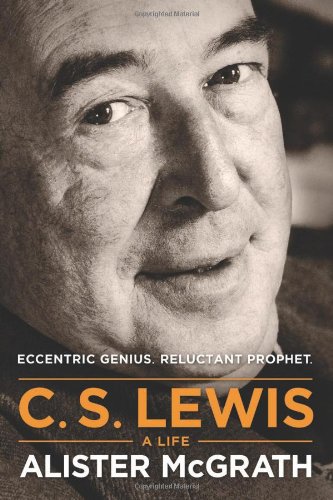Ben: 6) Chronological snobbery is a phrase we find at various points in Lewis’ work. It seems that this concept is even more relevant now than ever in the age of rapid technological turnover where the latest is the greatest and the newest is taken to be the truest. How does Lewis’ approach help us to combat historical and theological and even literary amnesia?
Alister: This is a critically important point, given our culture’s obsession with novelty and the “latest research” – which is so often contradicted a year or so later. Lewis makes two points, both of which seem to me to be irrefutable. One is that today’s intellectual and moral fashions are quickly replaced, leaving those who anchored themselves to their ideas and values adrift. It reminds me of one of my favourite essays by the German poet Hermann Hesse, who described the culture of the Weimar Republic as “a mere aggregation of intellectual fashions and the transitory values of the day”. We need to notice how what was believed to be right forty years ago is now discarded, but fail to realize that in a further forty years’ time, a lot of what seems to some to be right and relevant will be seen simply as “what people used to think back then”.
Second, Lewis emphasizes that there is permanent value in some things – but not all things. We need to read classics from the past, as they both offer us ideas that may help us, and challenge ideas that may be less secure than we believe. Lewis spoke of needing to let the “clean sea breeze of the centuries” blow through our minds. I think that Lewis himself now does this, although he was really referring to classics, such as Athanasius’s great treatise on the Incarnation.













